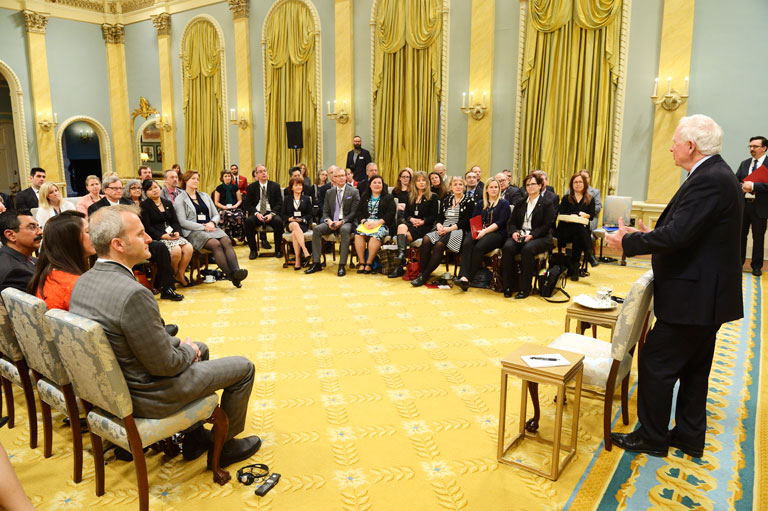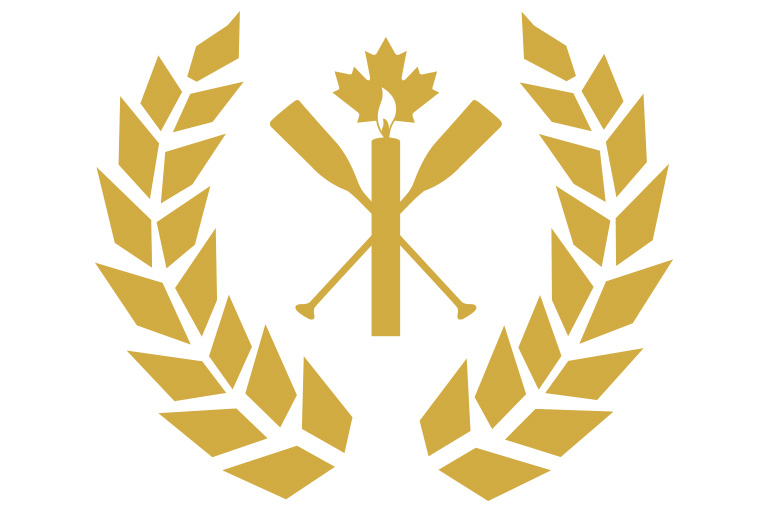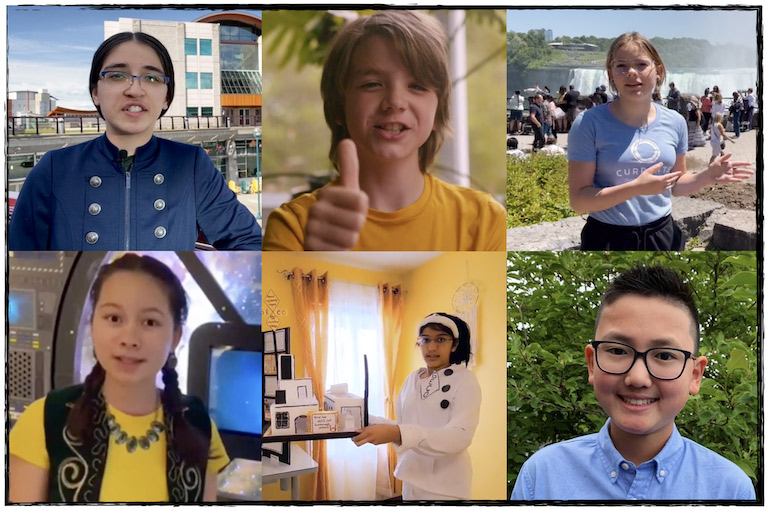Governor General of Canada calls on teachers to bring history alive for students.

History teachers should embrace multi-media technologies and scientific research on how children learn, as they continue developing new ways to bring history — particularly indigenous history — to Canadian students, says His Excellency the Right Honourable David Johnston, Governor General of Canada.
Speaking at the opening session of the National Meeting of Past Recipients of the Governor General’s History Award for Excellence in Teaching, His Excellency identified three themes that he believes are central to the teaching of history today: the digital revolution; knowledge of how the mind works; and the era of global interconnectedness.
“With a digital revolution that is very profound, our challenge is: how do we use multi-media to assist in our communications — to which we are still adjusting — for the benefit of advanced learning? Secondly, how do we take the lessons we have learned about the mind and apply them very assiduously? And thirdly, as we see the global stage so much a part of our village, how do we bring that into our work?” His Excellency said to the 51 teachers assembled in the Rideau Hall Ballroom.
“You are our most distinguished teachers of history and you have a heavy responsibility on your shoulders. You form a kind of alumni association, with a challenge: and that is to make history more alive for students.”
His Excellency also spoke in support of the report issued this year by the Truth and Reconciliation Commission of Canada, which called for mandatory teaching of Aboriginal peoples’ history to all Canadian K-12 students, and improvements in curricula, funding, and educational outcomes for Aboriginal students.
The conference, presented by Canada’s History, continued from April 21 to 24 and included breakout sessions on various topics surrounding history education.
Themes associated with this article
Advertisement




